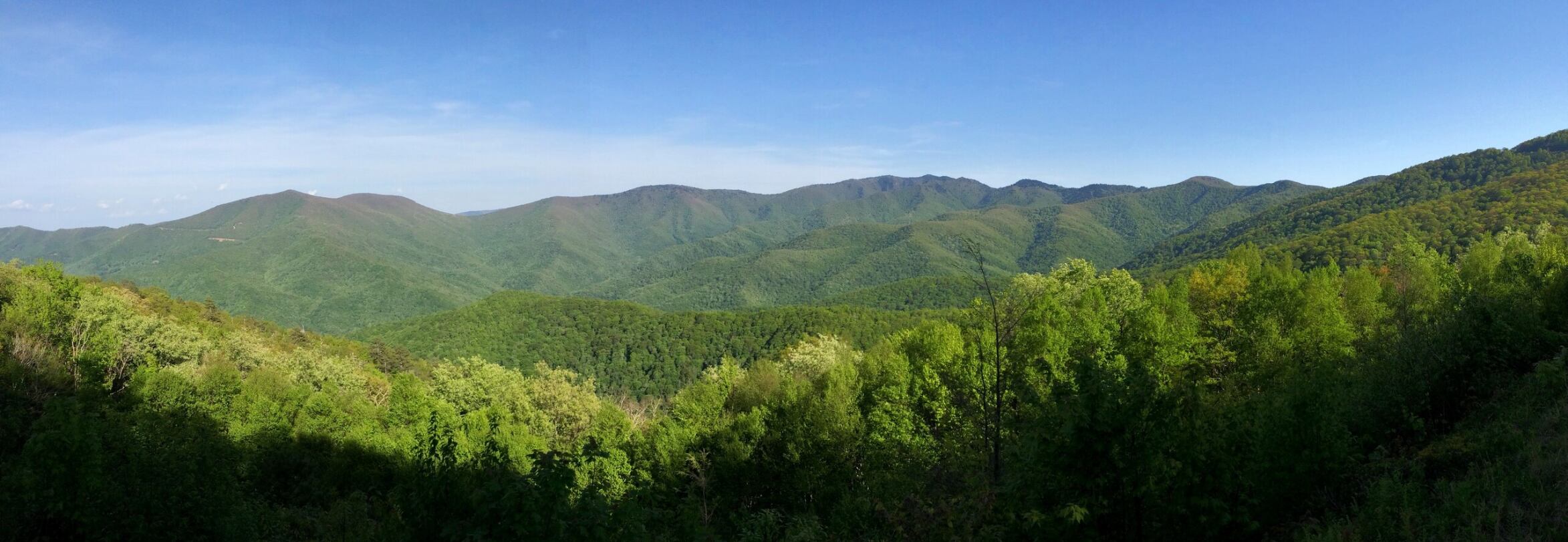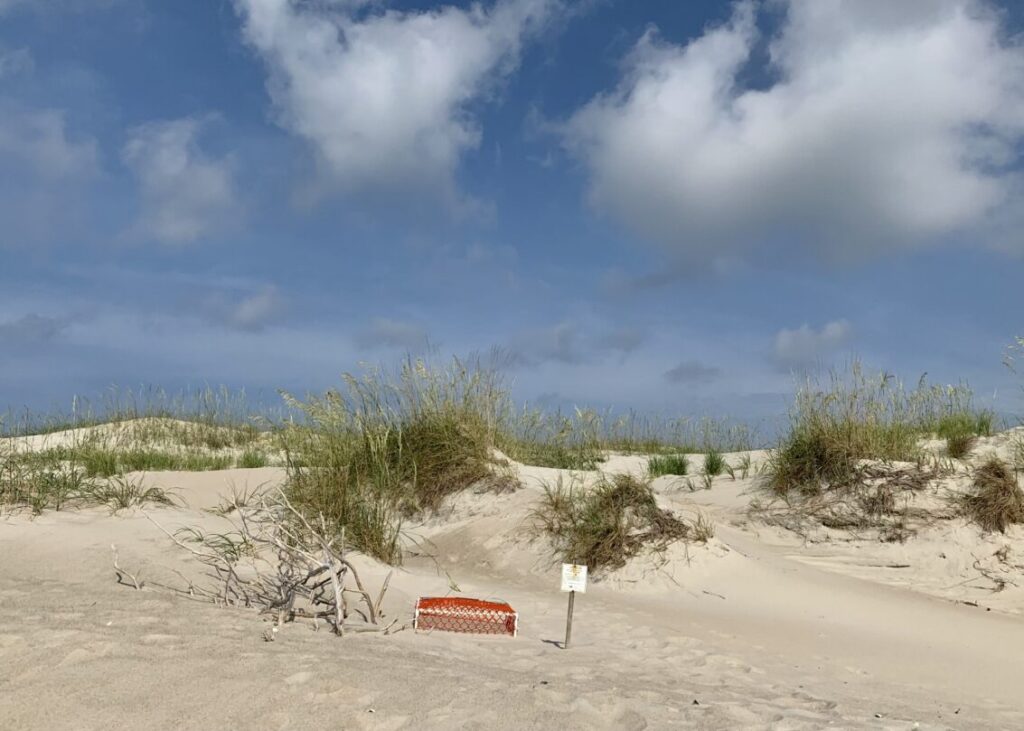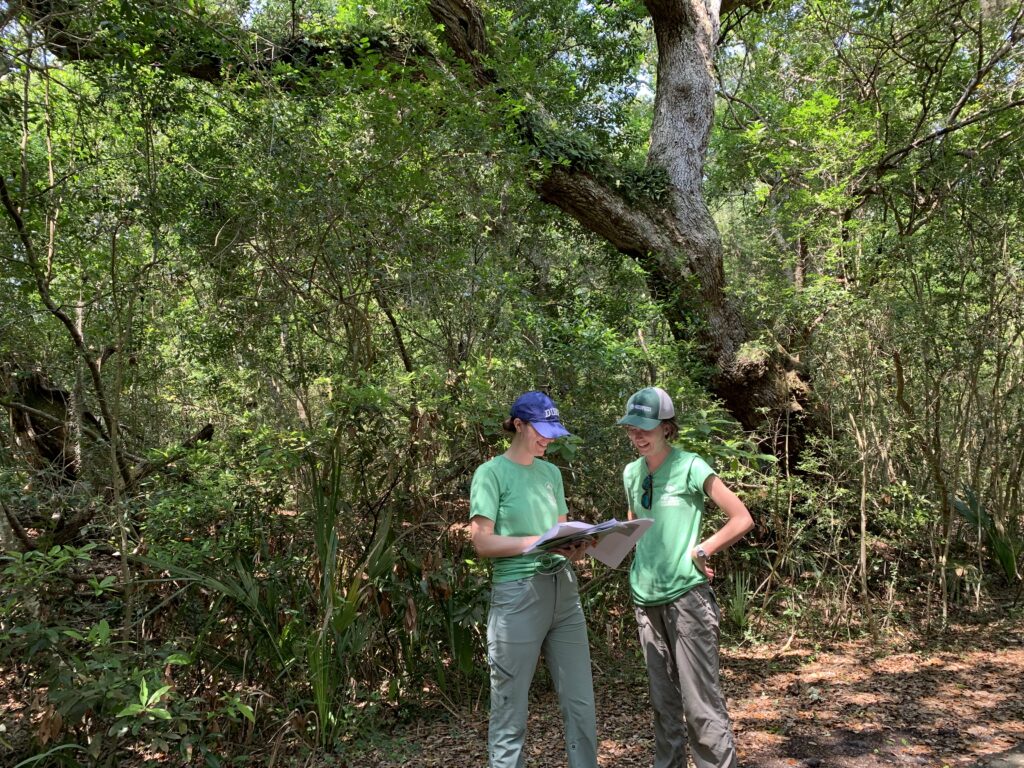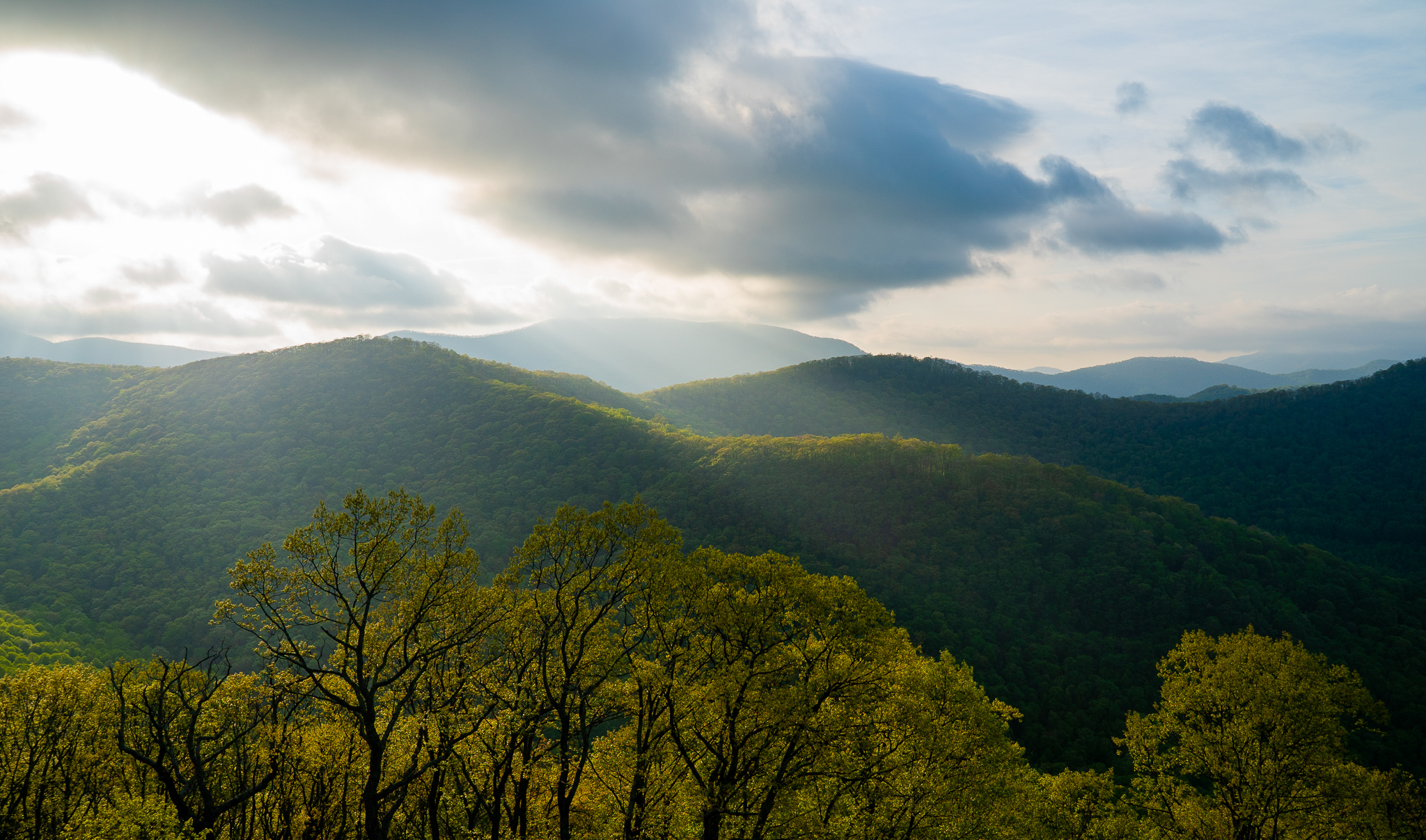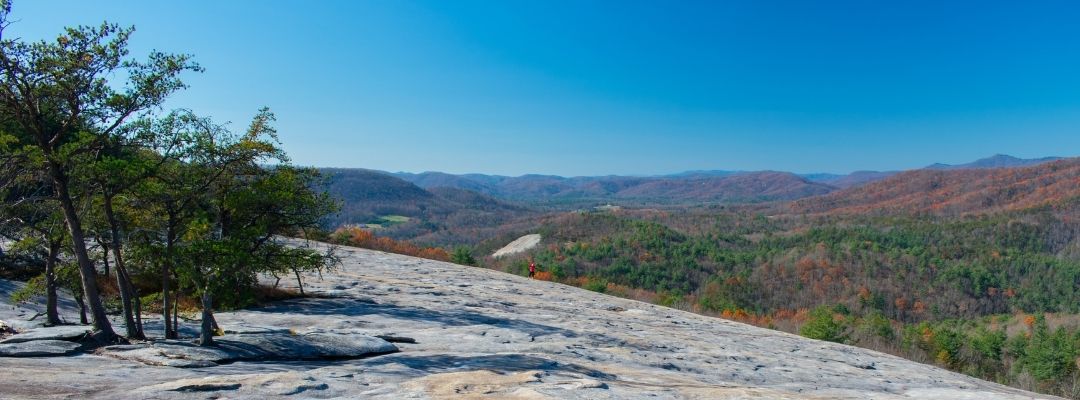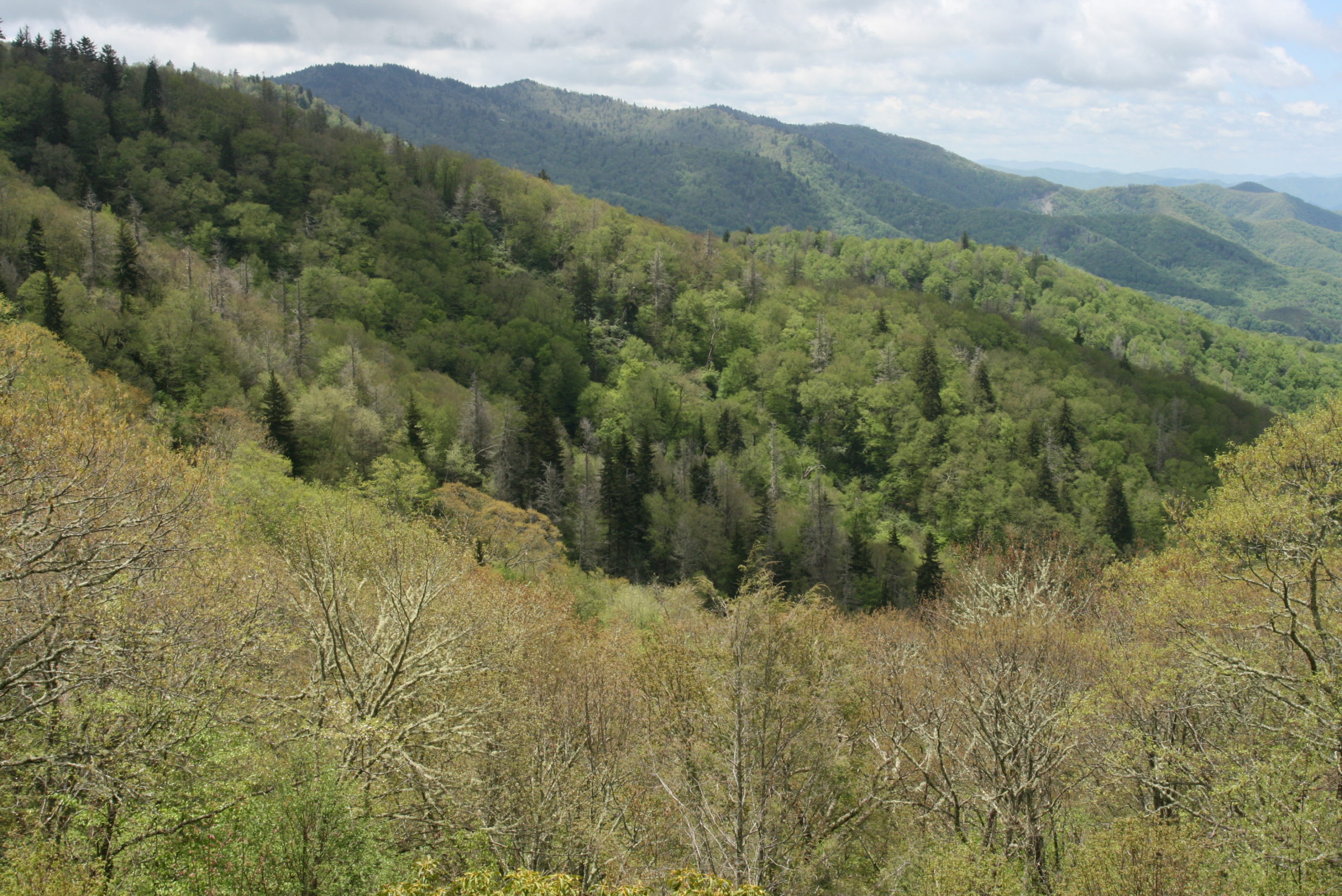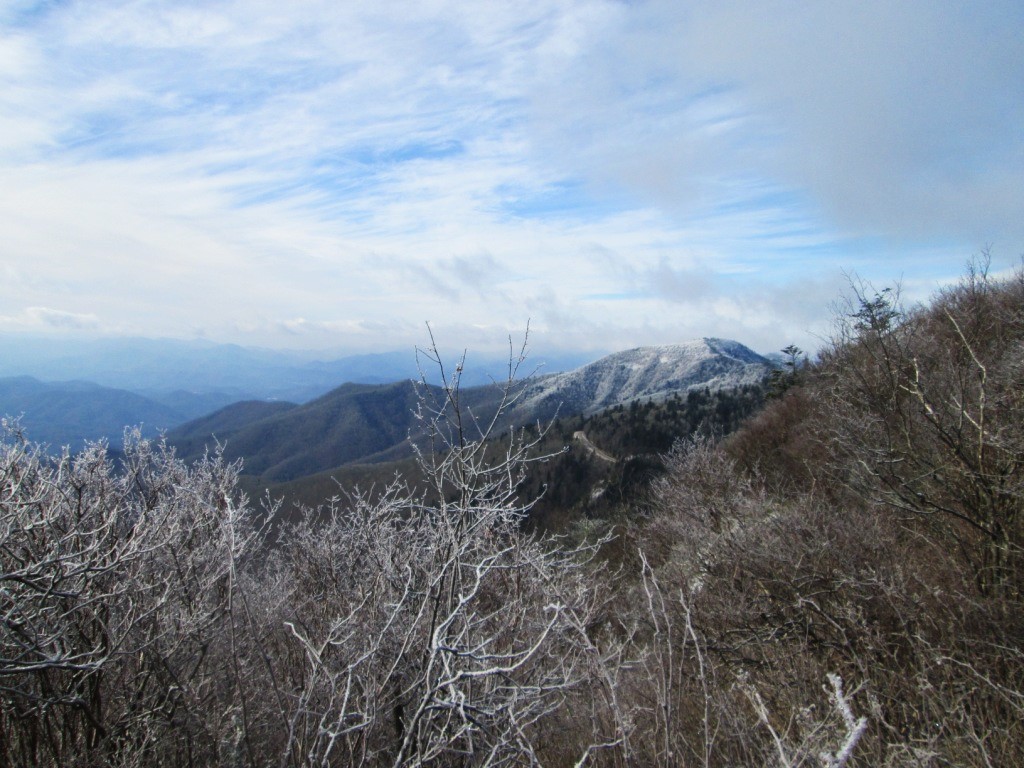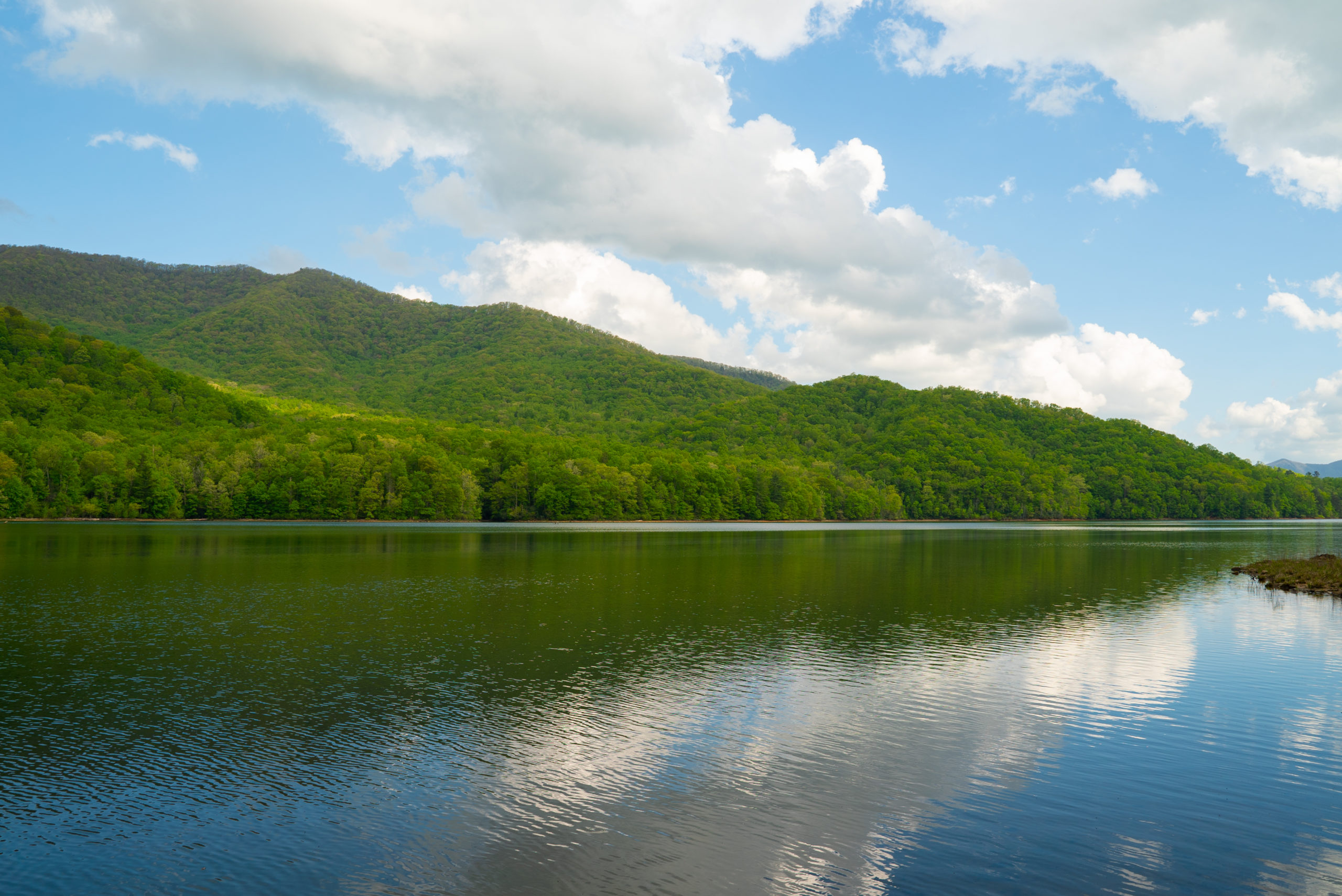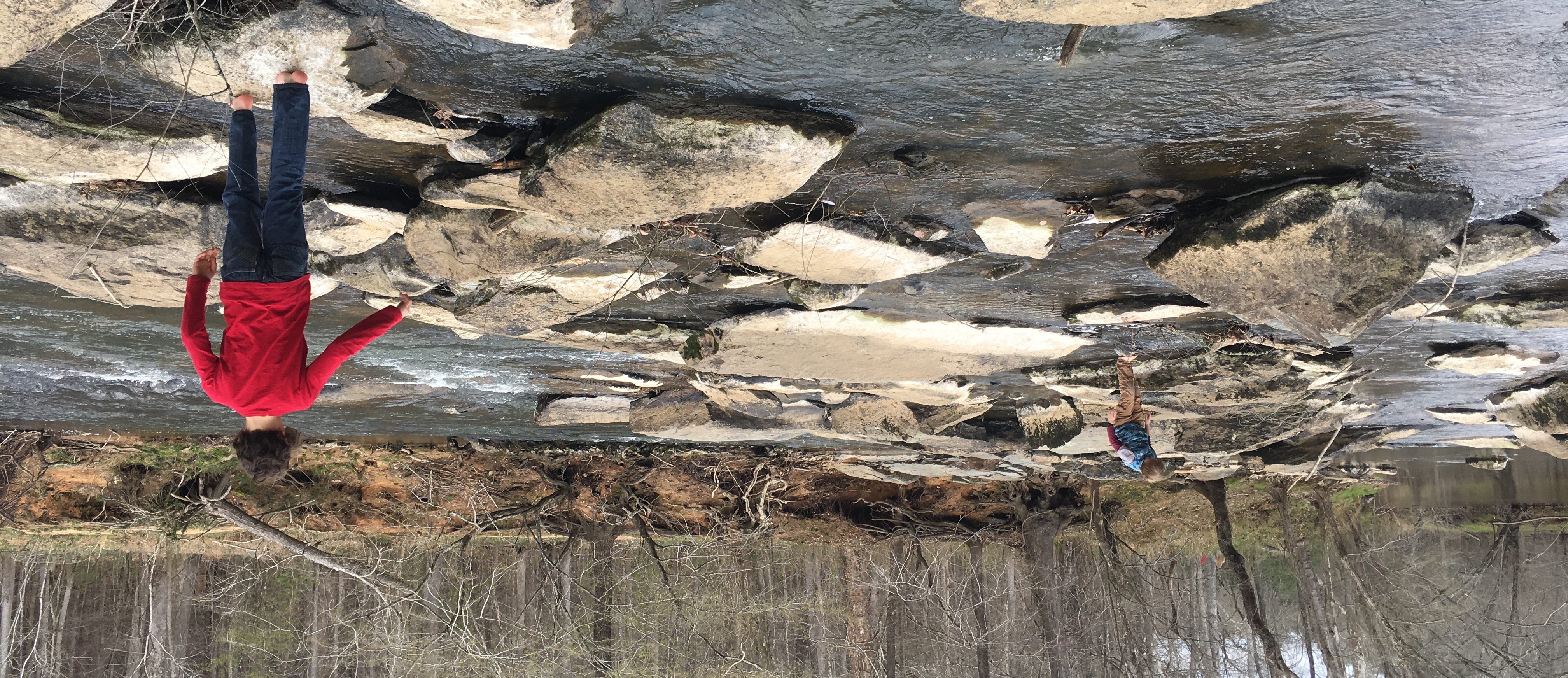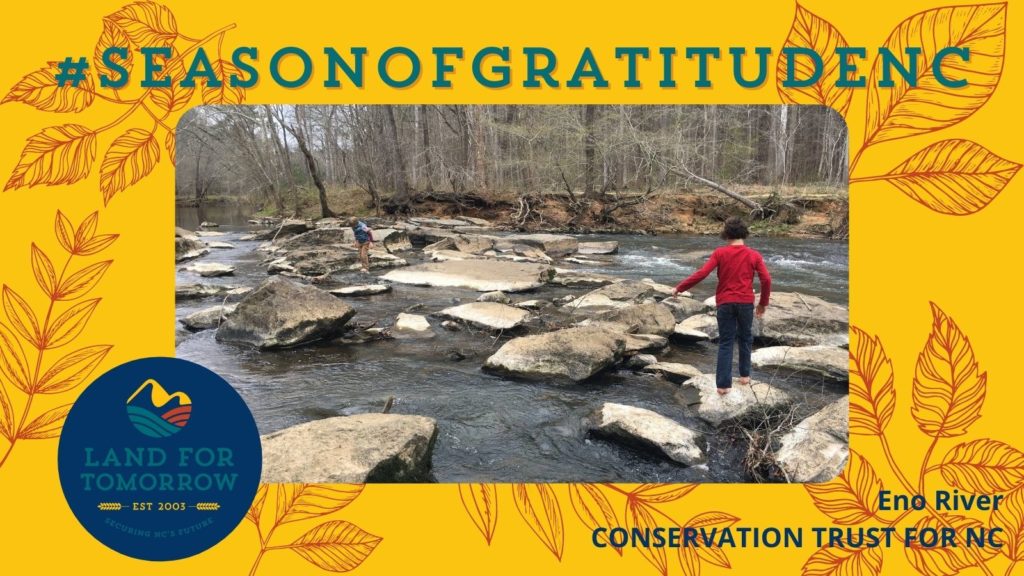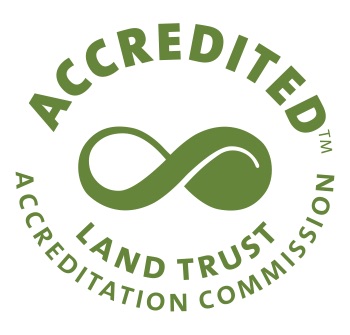Through the Mountain Revolving Loan Fund, CTNC allocates small grants to preserve critical areas of land protected and stewarded by our land trust partners.
Through the Mountain Revolving Loan Fund (MRLF), CTNC works with land trusts to conserve land in Western North Carolina. In addition to providing critical bridge loans to eligible land trusts, CTNC’s MRLF provides small grants to fill funding gaps that enable completion of projects that preserve the ecosystems and cultural sites along the Blue Ridge Mountains.
The CTNC Mountain Revolving Loan Fund has two significant benefits for our partners:
- It provides crucial bridge financing with minimal interest to land trusts in Western North Carolina to purchase conservation land and easements. As loans are repaid, the money becomes available to re-lend.
- A percentage of the balance of the loan fund is given out each year in grant awards. Grants of up to $25,000 are not required to be paid back. CTNC’s grants help cover transaction-related costs, land management, project administration, and long-term stewardship; often the most difficult project funding to raise.
This year, CTNC awarded grants to four land trusts totaling over $90,500. We’re proud to support the costs associated with ensuring that 516 acres of land will be protected in perpetuity. We look forward to more opportunities to work in partnership with key stakeholders to protect and steward this living legacy.
The land trusts that were awarded grant funds by CTNC during the current cycle include:
- Blue Ridge Land Conservancy
- Conserving Carolina
- Highlands-Cashier Land Trust
- Mainspring Conservation Trust
The eight properties that will be protected by our partner land trusts offer ecological, agricultural, recreational, and cultural-historic benefits to communities of Western NC.
“The projects and properties supported by this year’s grant awards will enhance collaborative partnerships with local land trusts working toward the common goal of conserving land and ensuring that the future of Western NC landscapes are protected,” CTNC’s Land Protection Director Rusty Painter said. “The land conservation work done by CTNC and our partners is critical to serving community needs and combatting the impacts of the climate crisis.”
Along with the conservation values of these properties, each contains crucial ecological and agriculture benefits to the local landscape and communities of Western NC.
CTNC’s support of statewide conservation initiatives is made possible through generous donations from CTNC supporters. Your generous support enables us to carry out our mission to foster community resilience in Western NC and throughout our amazing state.

